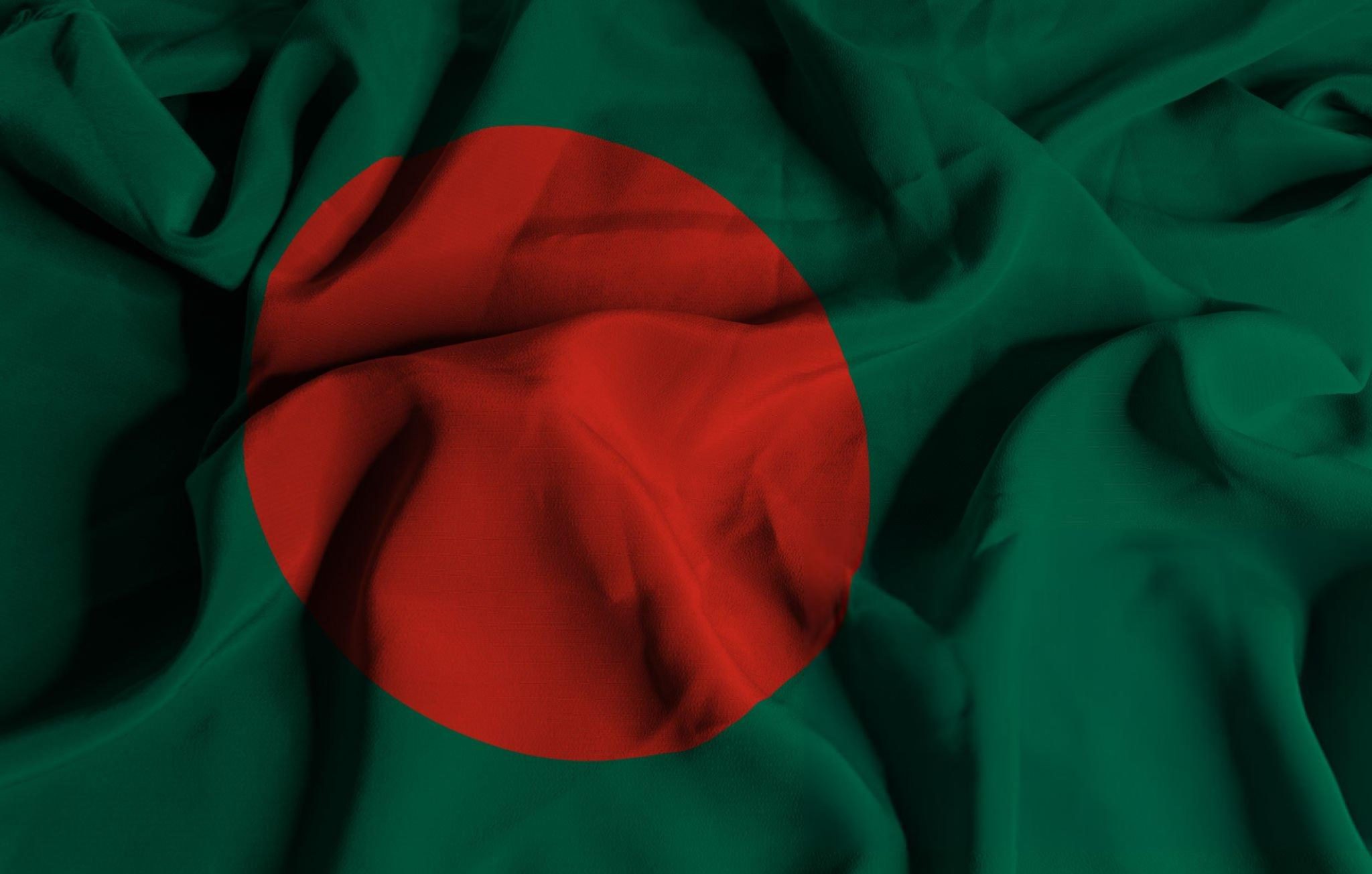A coalition of Bangladeshi American Hindus, Buddhists, and Christians has called on President-elect Donald Trump to intervene and protect the religious and ethnic minorities in Bangladesh, warning of an existential threat posed by Islamist forces in the country. The group expressed concern that the ongoing atrocities against these minority communities could lead to radicalisation, which may not only destabilise South Asia but have far-reaching consequences for the world.
The coalition’s call for action comes in the wake of the arrest of monk Chinmoy Krishna Das, a former leader of the International Society for Krishna Consciousness (ISKCON), who was detained at Dhaka’s Hazrat Shahjalal International Airport on November 25, 2024. Das faces sedition charges after allegedly disrespecting Bangladesh’s national flag. A court in Chattogram denied him bail, and his hearing is scheduled for January 2, 2025. Supporters of Das argue that the charges against him are politically motivated and that he has been falsely imprisoned, adding to the growing list of cases where minority individuals are targeted for their beliefs.
The memorandum, which was submitted to Trump by the coalition, emphasised that the situation in Bangladesh is dire. The group called for immediate steps to address the rising threat to minority communities, warning that if unchecked, the country could fall further into religious extremism. Such a development, they argue, would not only imperil Bangladesh’s minorities but also have destabilising effects throughout South Asia and the broader international community.
In the memorandum, the coalition proposed several key measures that could help safeguard minority rights in Bangladesh. One of the key suggestions was to tie Bangladesh’s participation in United Nations peacekeeping missions to its ability to address ethnic and religious persecution within its own borders. This, the group believes, would provide leverage for the international community to push for meaningful change in the country’s treatment of religious minorities.
Another significant proposal was the establishment of a comprehensive Minority Protection Act, which would officially recognise minorities and indigenous groups within Bangladesh. This Act would include provisions for the creation of safe enclaves for religious and ethnic minorities, allowing them to practice their faiths and maintain their cultural heritage in peace. Furthermore, the coalition advocated for the introduction of a separate electorate for minorities, ensuring their voices are heard in the political process without fear of retribution.
The group also proposed robust legal protections against hate crimes and hate speech, calling for laws to specifically protect religious practices and cultural heritage. By addressing these issues through legal reform, the coalition believes Bangladesh could begin to reverse the trend of growing intolerance and violence against its minorities.
The situation in Bangladesh has been escalating for years, with reports of violence and discrimination against Hindus, Buddhists, and Christians regularly making headlines. This has been compounded by the rise of radical Islamist groups, which have increasingly targeted minority communities with acts of terror, forced conversions, and the destruction of religious sites. The coalition warned that unless the international community takes decisive action, these groups may further embolden themselves, leading to even more violence and persecution.
The Bangladeshi American coalition’s appeal to President-elect Trump is one of many efforts to shine a spotlight on the plight of religious minorities in Bangladesh. The group expressed hope that, under the new administration, the United States would take a stronger stance in advocating for human rights abroad, particularly in nations like Bangladesh where religious freedom is under threat.
As the January hearing for Chinmoy Krishna Das approaches, the international community will be closely watching the situation. The coalition of Bangladeshi Americans is determined to continue pressing for the protection of religious and ethnic minorities in Bangladesh, hoping that their efforts will lead to meaningful change and an end to the systematic persecution they face.







